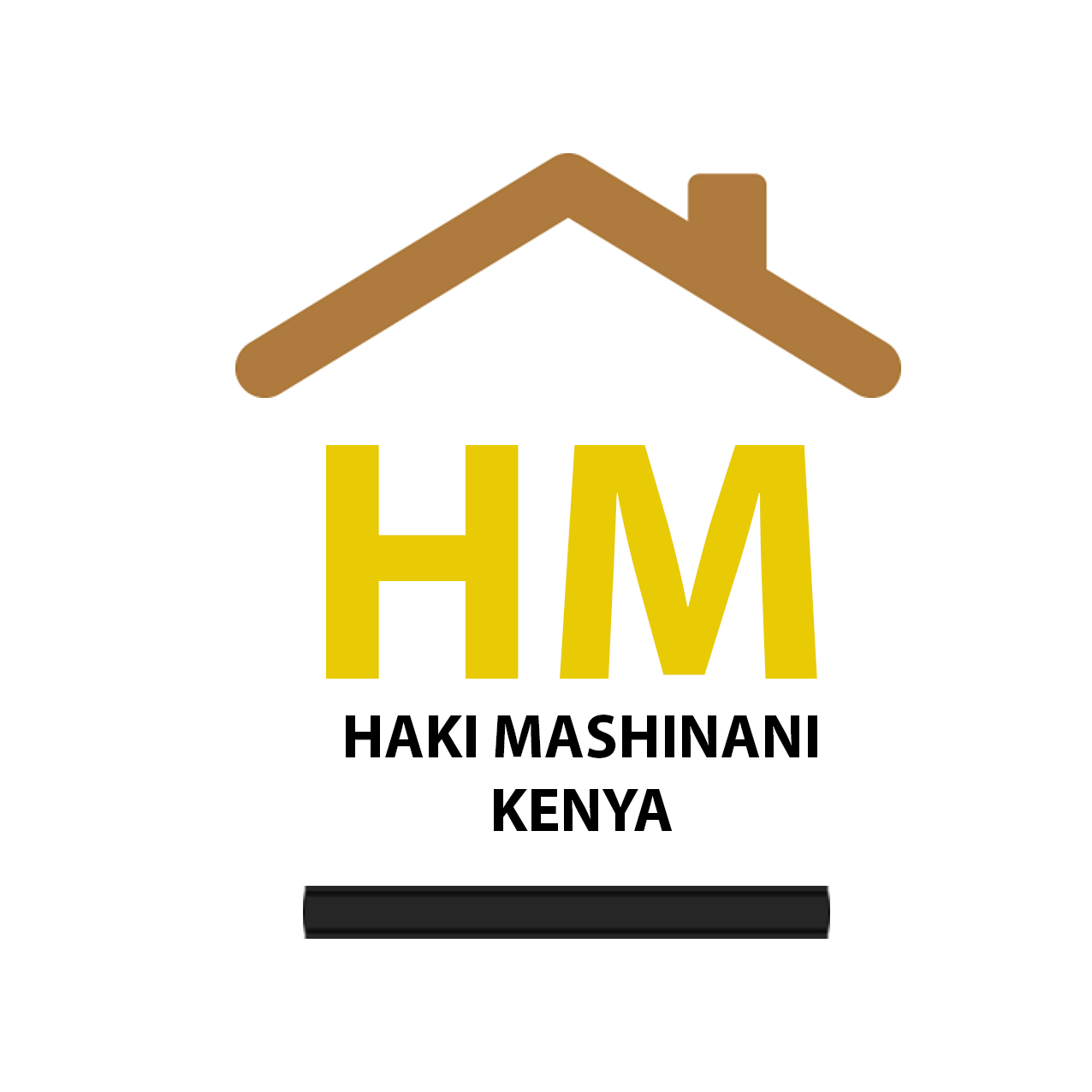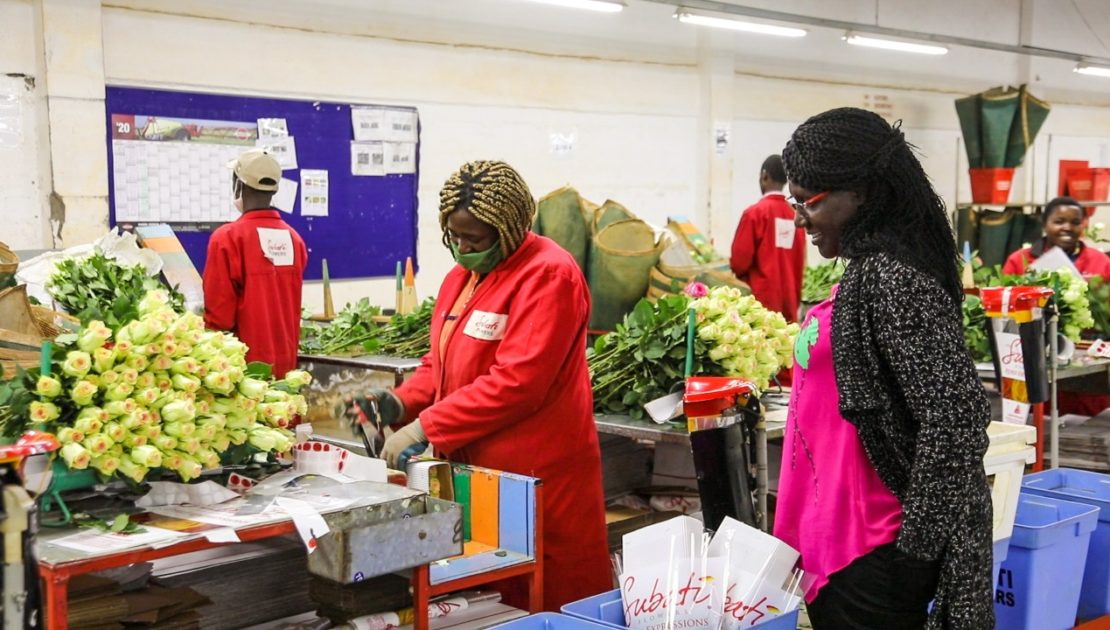In the second phase, Haki Mashinani will also set up a free Short Messages (SMS) platform to sensitise workers on their rights. Messages will include information on; Constitutional basis of labour laws; statutes relating to labour laws in Kenya; International norms on labour laws; Sexual harassment at work places, labour relations; Occupational safety and health and Work injury benefits.
The SMS platform will allow feedback from the workers without them incurring any charges. The worker will be encouraged to share information on issues affecting them, and questions or concerns that they would like to be addressed. Their information will be treated with confidence.
Due to the recruitment at the farms and hence the need for sensitisation, Haki Mashinani plans to continue with capacity building interventions on enhancing their rights with flower farm workers in general and the gender committees.
Additional trainings lined up and which were informed by needs identified by workers in the previous year of implementation include; Psycho Social Support (PSS) and Anger and Stress Management.
“We also hope to continue our awareness and sensitisation campaigns using Participatory Educational Theatre (PET) in the selected farms,” says Nyandika


